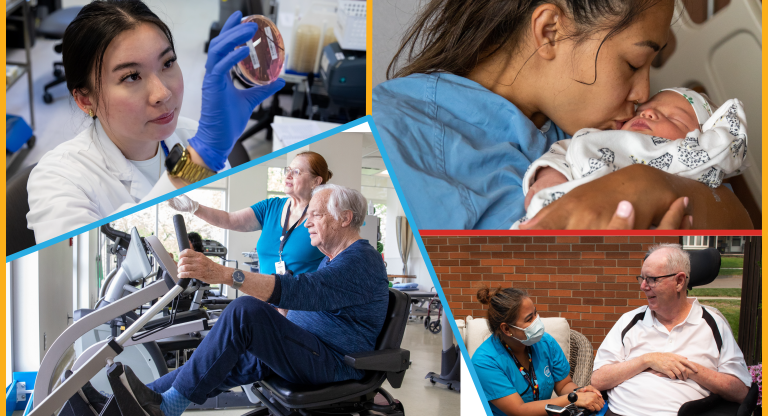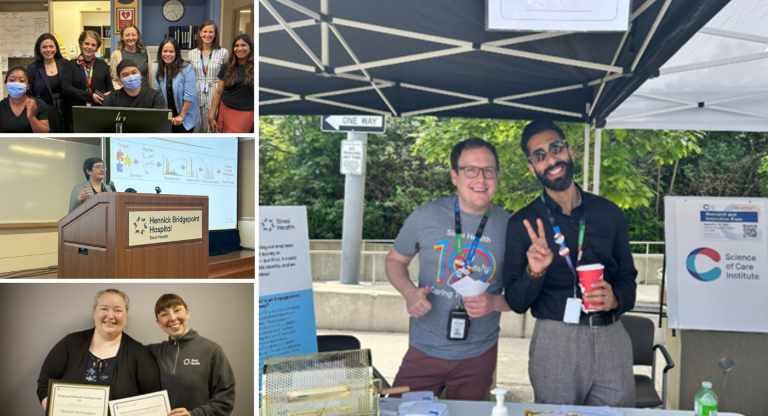Researchers discover Vitamin C may impact fertility for generations

TORONTO: (October 28, 2019) – The diet of expecting mothers could play an important role in her baby’s own fertility later in life, new research from Sinai Health shows.
The findings, published this fall in the journal Nature, show the diet of women during pregnancy may be linked to diseases their children develop later in life and genetics alone do not determine how a fetus forms.
Dr. Miguel Ramalho-Santos, a senior investigator at Sinai Health’s Lunenfeld-Tanenbaum Research Institute, says his team examined the fetus of pregnant mice at a molecular level to determine how Vitamin C may impact their offspring’s development. The study was led by graduate student Stephanie DiTroia. Researchers found dietary Vitamin C is important to activate specific genes in a female fetus.
Those genes play a vital role in the formation of egg cells called oocytes in the fetal ovaries. Ramalho-Santos said they found if a female fetus isn’t exposed to Vitamin C from a mother’s diet, it decreases the fetus’s future fertility as an adult.
“This finding truly speaks to the power and strength of curiosity-driven research,” Ramalho-Santos said. “This is an example of how basic biology works in mysterious ways and has the power to unveil unexpected insights.”
The team hopes to track Vitamin C concentrations in existing trials in humans, such as the Ontario Birth Study, and hope their research will shape how doctors educate parents about the importance of nutrition during pregnancy. Ramalho-Santos says his research opens the door for other external factors to be studied, such as climate change, pollution, smoking and poor diet and their long-term consequences on the developing fetus and children.
This work was funded by Sinai Health Foundation, US National Institutes of Health and the Canadian Institutes of Health Research.
-30-
For media inquiries: Amanda Ferguson Manager, Public Relations Sinai Health Foundation [email protected] 647-248-7434












